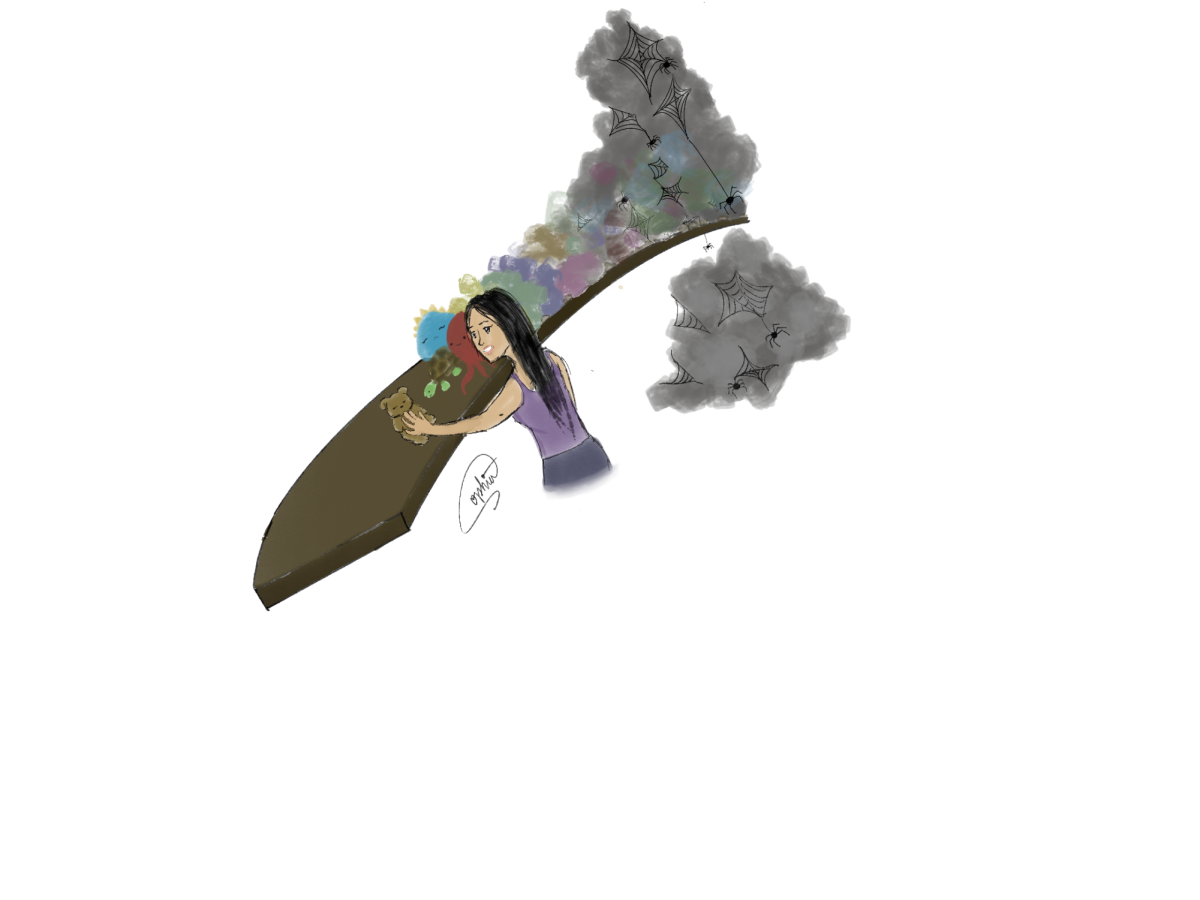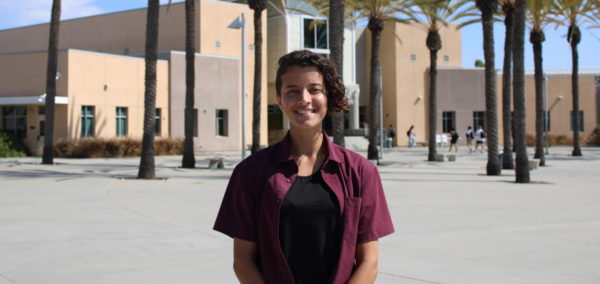If I don’t take another AP class, I’m a failure. If I don’t get a job soon, I’m a failure. If I don’t get an A on this test, I’m a failure. That fear of failure, driven by a mixture of academic pressure and simple anxiety, has plagued me for many years. And I know I’m not alone in this sentiment—I’ve noticed how the people around me have expressed their worries over failing in some small way, over things that don’t make or break us as people.
Last year, if someone were to have asked why I felt like a failure in these situations, it would probably have sent me into a chaotic spiral of self-doubt and paranoia. As soon as I was prompted down that line of thinking, it went something like this: if I don’t do these things, then that means I’m slacking off. Slacking off, of course, leads to no work getting done. Then, if I’m not doing work, then of course I’m going to fail my classes, and failing classes means I can’t get into college—and it would continue from there.
Recently, however, I’ve been starting to learn how this has negatively impacted my high school experience.
At Westview, many of us feel inadvertent pressure to do just as well in classes as the rest of the school, which often involves taking mostly AP courses. This, coupled with the internal drive to always surpass expectations and be an overachiever, has led to much higher stress levels for me. I’m always taking on new projects and assignments even when I know I might not have the time or capacity for them. Despite that knowledge, my brain always tells me to take on the challenge, leading to many sleepless nights and crammed homework.
As I’ve been able to recognize this pattern, I’ve noticed people around me doing it as well. This unhealthy cycle of overstretching ourselves causes us to constantly compare ourselves to our classmates, worrying about whether or not we’re doing enough to compete with the people sitting next to us. But I don’t think it should be this way. Our lives are not competitions to see who can be the most successful—whatever your definition of that word may be. I know, at the very least, it helps me to focus on my own goals and achievements and race myself to reach them.
Just because I can see this happening doesn’t mean I’m entirely immune to it now. This is a phenomenon I’ve struggled with throughout my life, especially in high school. Surrounded as we are by high-performing athletes, intelligent students, and charismatic leaders, it would honestly be a feat to not compare oneself to the people around us. Still, even though it may be instinctive, I’ve seen that it can be seriously detrimental to both mental and physical health if taken too far. It seems like it’s always going to be a work in progress, but knowing my problem makes it much easier to identify ways to combat it.
I’ve been able to remind myself that it’s not the end of the world if I don’t take another AP class, or I don’t join another club, or I don’t volunteer again. I’m not defined by those things, and I can still be a good person and true to myself without putting my health in danger. One day, I hope I’ll be able to be rid of that lingering guilt and shame. But for now, I’m taking it one step—one less project, one less club—at a time.





